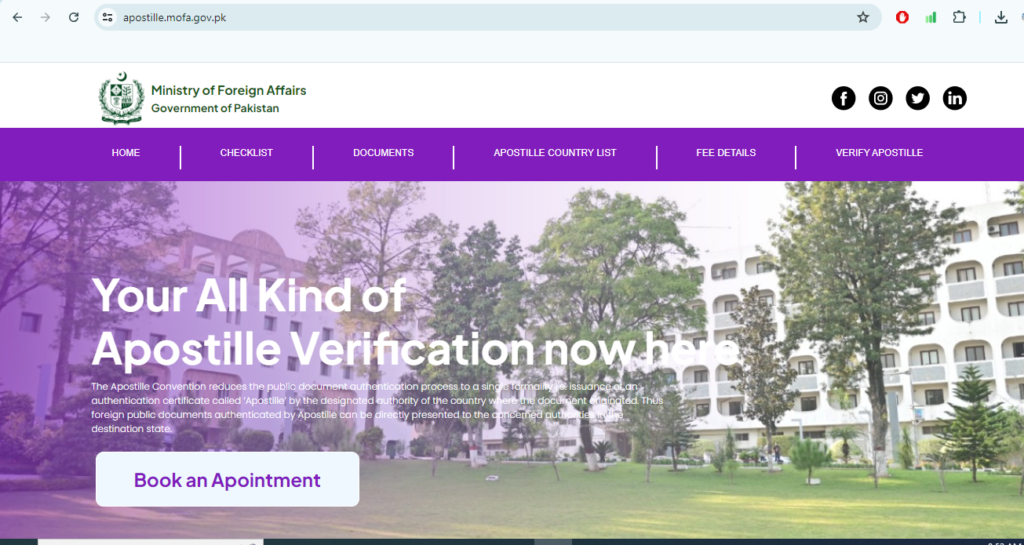Navigating the immigration process can feel like traversing a complex maze, with the immigration interview often being perceived as the final, and perhaps most nerve-wracking, hurdle. This critical step, however, is simply an opportunity for immigration officials to verify the information provided in your application and assess your eligibility for the desired immigration benefit. Understanding the purpose, preparation, and potential pitfalls of the immigration interview can significantly reduce anxiety and increase your chances of a successful outcome.
Preparing for Your Immigration Interview
Successfully navigating an immigration interview requires diligent preparation. This involves understanding the interview’s purpose, gathering necessary documents, and rehearsing potential questions. The more prepared you are, the more confident you will feel, and the better you will be able to present your case.
Understanding the Interview’s Purpose
The primary goal of the immigration interview is to verify the accuracy and consistency of the information you submitted in your application. U.S. Citizenship and Immigration Services (USCIS) officers will use the interview to:
- Confirm your identity and background.
- Assess your eligibility for the immigration benefit you are seeking.
- Clarify any inconsistencies or ambiguities in your application.
- Evaluate the credibility of your testimony.
It’s essential to remember that the interview is not an interrogation. It’s a fact-finding mission intended to ensure compliance with U.S. immigration laws.
Gathering Necessary Documents
Having all the required documents readily available is crucial. These documents often include (but are not limited to):
- Your appointment notice.
- A valid government-issued photo ID (e.g., passport, driver’s license).
- Copies of all forms and supporting documents submitted with your application.
- Originals of any documents submitted as copies.
- Any additional documents requested in the appointment notice.
For example, if you are applying for a marriage-based green card, you should bring your marriage certificate, joint bank statements, photos together, and any other evidence that demonstrates the bona fides of your marriage.
Rehearsing Potential Questions
Anticipating and rehearsing potential questions can significantly reduce anxiety and improve your responses during the interview. Common questions may cover topics such as:
- Your personal background and family history.
- Your immigration history and previous stays in the U.S.
- The details of your relationship with your sponsor (if applicable).
- Your employment history and financial situation.
- Your reasons for seeking immigration benefits.
Practicing answering these questions honestly and clearly can make a significant difference in your confidence and performance. Consider doing mock interviews with a friend or family member, or even consulting with an immigration attorney.
What to Expect During the Interview
Understanding the interview process can help alleviate anxiety and allow you to focus on presenting your case effectively. The interview typically follows a structured format, with specific procedures and protocols.
Arrival and Check-In
Arrive at the USCIS office well in advance of your scheduled appointment time. This will give you ample time to check in, go through security, and find your assigned waiting area. Be prepared to show your appointment notice and government-issued photo ID at the reception desk.
The Interview Process
The interview will typically be conducted by a USCIS officer in a private office. The officer will start by taking an oath to ensure that you are telling the truth. The interview will then proceed with the officer asking you questions about your application and supporting documents.
Example: If you’re applying for asylum, the officer will likely ask detailed questions about the persecution you faced in your home country. If you are applying for a family-based visa, they will delve into the specifics of your familial relationship.
- Listen carefully to each question.
- Answer truthfully and concisely.
- Avoid rambling or providing unnecessary information.
- If you don’t understand a question, ask the officer to repeat or rephrase it.
Common Interview Questions
While the specific questions will vary depending on the type of immigration benefit you are seeking, some common questions include:
- “What is your full name and date of birth?”
- “What is your current address?”
- “Have you ever been arrested or convicted of a crime?”
- “Have you ever violated any U.S. immigration laws?”
- “Why are you seeking this immigration benefit?”
Remember, honesty is paramount. Providing false information can have serious consequences, including denial of your application and potential deportation.
Key Strategies for a Successful Interview
Besides thorough preparation, specific strategies can significantly improve your chances of a successful immigration interview. These include clear communication, maintaining a professional demeanor, and knowing when to seek legal assistance.
Clear and Concise Communication
Effective communication is vital during the immigration interview. Speak clearly and concisely, and avoid using slang or jargon that the officer may not understand. Provide detailed answers to the officer’s questions, but avoid rambling or providing unnecessary information.
Example: Instead of saying, “Yeah, I think so,” respond with “Yes, that is correct.”
- Use proper grammar and avoid slang.
- Speak at a moderate pace.
- Maintain eye contact with the officer.
Maintaining a Professional Demeanor
Presenting yourself professionally is essential. Dress appropriately, be polite and respectful, and maintain a calm and composed demeanor throughout the interview.
- Dress professionally (e.g., business attire).
- Be polite and respectful to the officer.
- Avoid arguing or becoming defensive.
- Thank the officer for their time at the end of the interview.
Knowing When to Seek Legal Assistance
While it is not always required, consulting with an experienced immigration attorney can be incredibly beneficial. An attorney can help you:
- Prepare for the interview.
- Identify potential issues in your application.
- Advise you on the best course of action.
- Represent you during the interview.
If you have a complex immigration history, a criminal record, or any other factors that could potentially complicate your case, seeking legal assistance is highly recommended. An attorney can ensure that your rights are protected and that you present your case in the most favorable light.
Potential Pitfalls and How to Avoid Them
Several potential pitfalls can jeopardize your immigration interview. Being aware of these pitfalls and taking steps to avoid them can significantly increase your chances of a successful outcome.
Inconsistencies and Discrepancies
Inconsistencies between your application, supporting documents, and testimony can raise red flags and lead to further scrutiny. Double-check all your documents and ensure that the information is accurate and consistent.
Example: If your employment history on your application doesn’t match the information on your tax returns, be prepared to explain the discrepancy.
- Carefully review all documents before submitting them.
- Be honest and transparent during the interview.
- If you discover an error, correct it immediately and explain the reason for the mistake.
Misrepresentation and Fraud
Providing false information or misrepresenting facts to USCIS is a serious offense that can have severe consequences, including denial of your application, deportation, and even criminal charges.
- Always be truthful and honest.
- Do not attempt to conceal any information.
- If you are unsure about an answer, it is better to say, “I don’t know” than to provide false information.
Language Barriers
If you are not fluent in English, you are entitled to bring an interpreter to the interview. USCIS will also provide interpreters in certain situations.
- If you need an interpreter, inform USCIS in advance.
- Choose a qualified interpreter who is fluent in both English and your native language.
- Ensure that the interpreter accurately translates all questions and answers.
Conclusion
Successfully navigating an immigration interview requires meticulous preparation, a clear understanding of the process, and a commitment to honesty and accuracy. By following the tips and strategies outlined in this guide, you can significantly increase your chances of a favorable outcome. Remember to prepare thoroughly, communicate effectively, maintain a professional demeanor, and seek legal assistance if necessary. Approach the interview with confidence and a positive attitude, and you will be well on your way to achieving your immigration goals. The immigration interview, while a crucial step, is ultimately an opportunity to showcase your eligibility and dedication to becoming a lawful resident or citizen of the United States.

